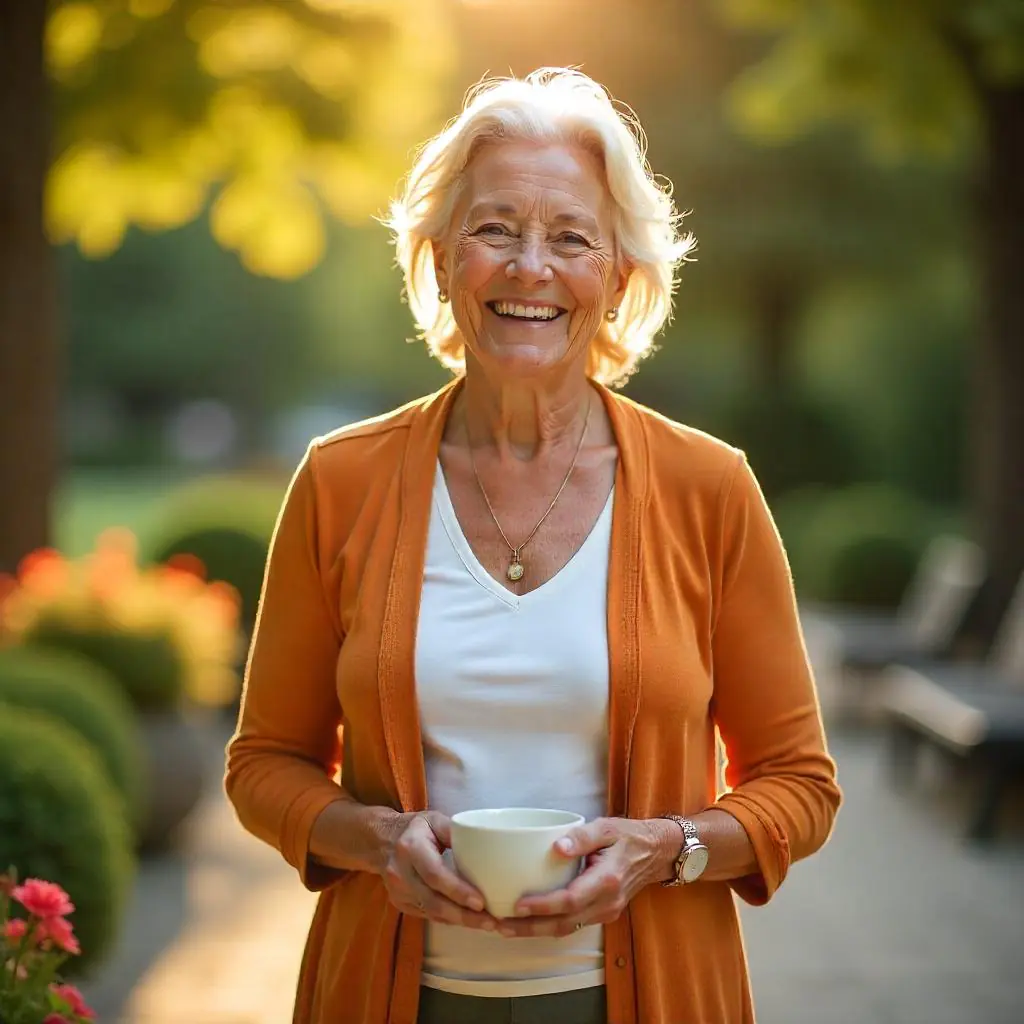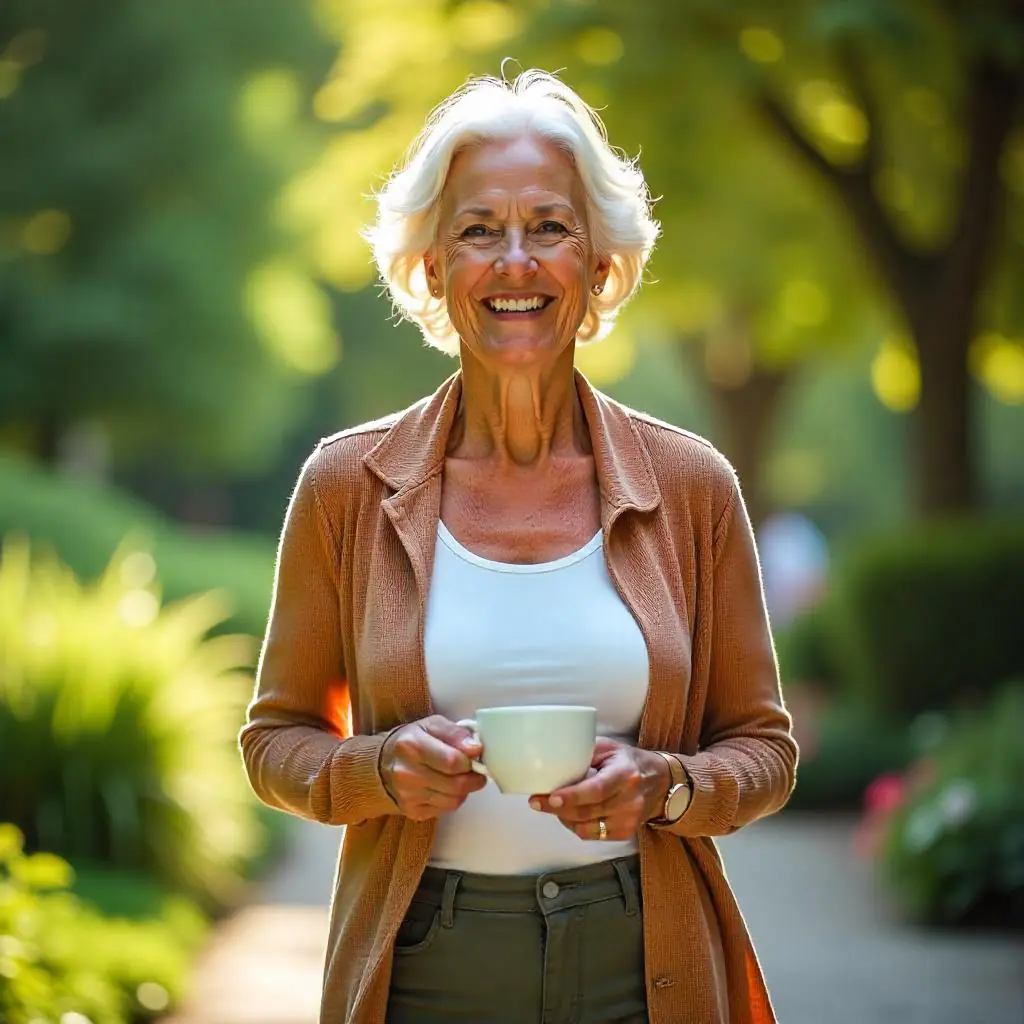Aging is inevitable, but how we age is not. In today’s world, more and more people are seeking ways to live longer—not just in years, but in quality of life. Healthy aging and longevity aren’t just about adding years to your life; they’re about adding life to your years.
Whether you’re in your 30s or 70s, it’s never too late (or too early) to start making lifestyle changes that promote long-term health and vitality. This blog post explores key strategies, habits, and mindsets for aging gracefully and living a long, fulfilling life.

Why Healthy Aging Matters
As we age, our bodies undergo various physical and mental changes. Joints may stiffen, metabolism may slow down, and memory might not be as sharp. But aging doesn’t have to mean decline.
Healthy aging emphasizes maintaining physical, mental, and emotional well-being throughout your life. It helps reduce the risk of chronic diseases, preserves independence, and enhances overall life satisfaction.
1. Eat for Longevity: Nutrition as Medicine
a. Anti-Inflammatory Diet
Aging is closely tied to chronic inflammation. A diet rich in anti-inflammatory foods can combat oxidative stress and cell damage.
Foods that support longevity:
- Leafy greens (spinach, kale)
- Berries (blueberries, strawberries)
- Fatty fish (salmon, sardines)
- Nuts and seeds (almonds, chia)
- Olive oil and green tea
b. Limit Processed Foods and Sugar
Processed foods, sugar, and trans fats accelerate cellular aging. Reducing them helps manage blood sugar, cholesterol, and blood pressure—all vital for healthy aging.
2. Stay Physically Active
Exercise is one of the most powerful anti-aging tools.
Benefits of Regular Exercise:
- Enhances heart health
- Increases bone density
- Boosts mood and brain function
- Supports weight management
- Improves mobility and balance
Recommended Routine:
- 150 minutes/week of moderate aerobic exercise (like walking, swimming)
- Strength training twice a week
- Flexibility and balance exercises (yoga, tai chi)
Even light activities like gardening or dancing can contribute to longevity.
3. Prioritize Mental Health & Cognitive Function
a. Stay Socially Connected
Loneliness and isolation are linked to cognitive decline and depression in older adults. Staying connected with friends, family, and community boosts emotional well-being and brain health.
b. Keep Learning
Lifelong learning keeps the brain sharp. Try:
- Reading
- Playing instruments
- Solving puzzles
- Learning new languages
- Attending workshops
c. Manage Stress
Chronic stress can age you faster. Simple stress management techniques include:
- Deep breathing
- Meditation
- Journaling
- Nature walks
4. Get Quality Sleep
Poor sleep has been associated with increased risk of Alzheimer’s, heart disease, and obesity. Older adults should aim for 7–8 hours of uninterrupted sleep nightly.
Tips for Better Sleep:
- Stick to a regular schedule
- Avoid screens before bedtime
- Create a cool, dark sleep environment
- Limit caffeine and alcohol
5. Maintain a Healthy Weight
Obesity increases the risk of diabetes, heart disease, and joint problems—all of which accelerate aging. But being underweight can also affect bone health and immunity. Aim for a balanced BMI, focusing on muscle preservation rather than just weight loss.
Focus on:
- Portion control
- Whole foods over processed foods
- Regular physical activity

6. Regular Health Screenings and Preventive Care
Early detection is key to managing age-related health issues. Regular checkups and screenings help catch problems before they become serious.
Key Screenings by Age:
- Blood pressure & cholesterol checks (starting at age 20)
- Bone density tests (especially after menopause)
- Colon cancer screenings (starting at age 45)
- Eye & hearing tests every 1–2 years after age 50
- Cognitive assessments if signs of memory loss appear
Vaccinations like the flu shot, shingles vaccine, and pneumonia shot are also essential.
7. Hormonal Balance and Aging
Hormonal changes—especially in menopause and andropause—can affect mood, energy, and bone health.
Support hormonal health with:
- Balanced nutrition
- Stress management
- Weight-bearing exercise
- Professional guidance for bioidentical hormone therapy (if needed)
8. Cultivate a Purpose-Driven Life
A strong sense of purpose is linked to longer life expectancy. People who wake up with meaningful goals are more likely to maintain better health and well-being.
Ways to build purpose:
- Volunteering
- Mentoring younger generations
- Engaging in spiritual or faith-based activities
- Pursuing hobbies and passions
9. Longevity Hotspots: Lessons from the Blue Zones
Blue Zones are regions where people live significantly longer than average. These include:
- Okinawa, Japan
- Sardinia, Italy
- Nicoya, Costa Rica
- Ikaria, Greece
- Loma Linda, California
Common Habits in Blue Zones:
- Plant-based diets with minimal meat
- Daily physical movement
- Strong community ties
- Regular relaxation and stress reduction
- Moderate alcohol (especially red wine)
- Spiritual or religious beliefs
Adopting some of these lifestyle habits can positively impact your own longevity.

10. Embrace Aging with a Positive Mindset
Your attitude toward aging plays a crucial role in how you age. Those with a positive outlook on growing older tend to live 7.5 years longer than those with a negative perception.
Mindset Tips:
- Celebrate life achievements
- Practice gratitude daily
- Accept changes with grace
- Surround yourself with uplifting people
Aging is a privilege denied to many—embracing it with positivity and purpose is a powerful form of self-care.
Bonus: Supplements That May Support Healthy Aging
While a balanced diet should be your primary source of nutrients, some supplements may support longevity:
- Vitamin D3 + K2 (bone and immune health)
- Omega-3 fatty acids (heart and brain)
- CoQ10 (cell energy and antioxidant)
- Magnesium (sleep, muscle, and nerve function)
- Resveratrol (found in red wine; supports cellular aging)
Always consult a healthcare provider before starting supplements.
Final Thoughts: Start Now, Age Later
Healthy aging isn’t about turning back time—it’s about feeling good, staying strong, and living with purpose as you grow older. By incorporating healthy habits now, you’re investing in a future that’s vibrant, independent, and full of life.
Whether you’re 30 or 70, small consistent changes can dramatically influence how you age. Live intentionally, eat mindfully, move joyfully, and love deeply—and you’ll not only extend your years but make every moment count.
If you found this guide helpful, share it with someone who deserves to age well and live long!
![]()






